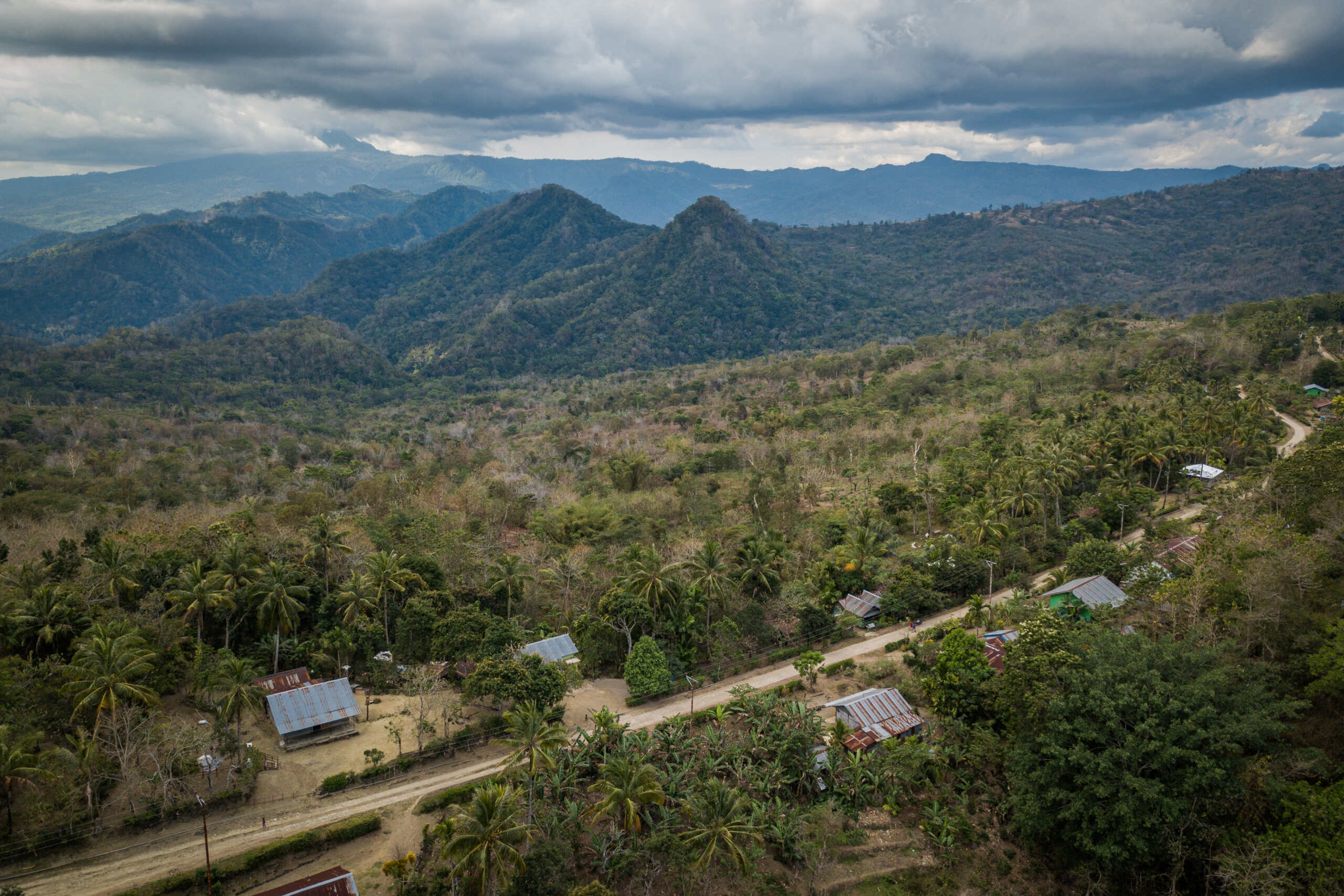Towards Disability Equity in 2024
Stories | February 2, 2024 | Author: Stevie Wills, CBM Associate
As a new year begins, I have a vision; for people with disabilities to be able to fully participate in their communities, particularly in low-to-middle-income countries.
Aligning with the vision of CBM Australia, I wish to see an inclusive world in which all people with disabilities enjoy their human rights and achieve their full potential.
2024 brings the opportunity to bring this vision into being. To make significant progress towards realising disability equity, we only need three basic things, respect, inclusion and accessibility.
1. Respectful attitudes towards people with disabilities
To significantly progress towards an inclusive world, people within communities and throughout all levels of leadership must have and demonstrate respect towards people with disabilities.
In my experience as a woman living with cerebral palsy, negative assumptions are the densest type of barrier to inclusion. Negative assumptions are made about the potential and capabilities of people with disabilities. Some people assume that disability is a specialised issue, not relevant to themselves.
People with disabilities have unique skills, gifts and perspectives to contribute to their community. Globally, one in six people have a disability. This means that disability is a common part of human experience and therefore all aspects of society are relevant to disability inclusion and accessibility.
When I’m with people who respect me, we can discuss barriers and how to overcome them. I cannot, however, discuss as an equal with people who have negative assumptions about me. All barriers become denser.
Amongst negative attitudes, progress cannot be made towards a more inclusive world for people with disabilities.
2. People with disabilities must hold leadership roles
For substantial progress to be made towards an inclusive world, people with disabilities must hold positions at all levels of leadership.
People with disabilities know the unique challenges and barriers they face. To achieve a world where they can enjoy their human rights, their input in all decision making is essential.
I’ve used public bathrooms and car parks that are said to be accessible but have found them to be anything but. If people with disabilities were more involved in leadership and decision-making on facilities, buildings, pathways and transport then they would be more accessible for all people – including people who are elderly and families using prams and strollers.
A disability-inclusive world cannot be built without the perspective of those with first-hand experience.
3. Accessibility must be a reality
For people with disabilities to fully enjoy their human rights accessibility must be a reality, not an aspiration. People with disabilities cannot be heard, or take up positions of leadership or influence, if basic access doesn’t exist in their community.
Every part of a community must be physically accessible. Communication needs to be conveyed in various forms including braille, Sign language and easy-to-read language and print. Assistive technology must be available to those who need it.
I have a speech impairment. Last year I discovered a speech recognition tool that works for my voice. It allows me to write fluidly; something I’ve always wished I could do. As I’ve enjoyed this freedom in writing, I’ve been mindful that people with disabilities in low-to-middle-income countries don’t have access to basic assistive devices and technology.
As the year begins, we have opportunity to make significant progress towards a more inclusive world, where people with disabilities can enjoy their human rights and reach their full potential.
Essential to this progress are; respectful attitudes, people with disabilities holding leadership positions and the implementation of pre-conditions to inclusion and accessibility.
These three approaches are sure to make progress towards a more inclusive world for all.
About Stevie Wills
Since 2011, Stevie has worked for CBM Australia as a volunteer, employee and an associate. She has advocated for the empowerment and inclusion of people with disabilities in low- to middle-income countries, as well as disability inclusion among Christian communities in Australia. Stevie speaks of inclusion and empowerment, with a focus on people with disabilities. She has a passion for the power of words to create social change.
Read more from Stevie on our website
https://www.cbm.org.au/stories/towards-disability-equity-2024-stevie-wills
Related Stories

Week 3 – Lent series 2026
This week, we’re reflecting with our colleague Christian, Supporter Relationship Specialist at CBM Australia, who turns to John 13:34–35 (NIV): “A new command I give...

Week 2 – Lent series 2026
As we continue our Lent journey, we’re grateful to share a heartfelt reflection from CBM Australia’s Head of Program Impact Operations, Kieran Cummins, who...

Building inclusive, climate resilient communities in Bangladesh
Highlights from DFAT Post’s visit In January 2026, representatives from the Australian High Commission in...
